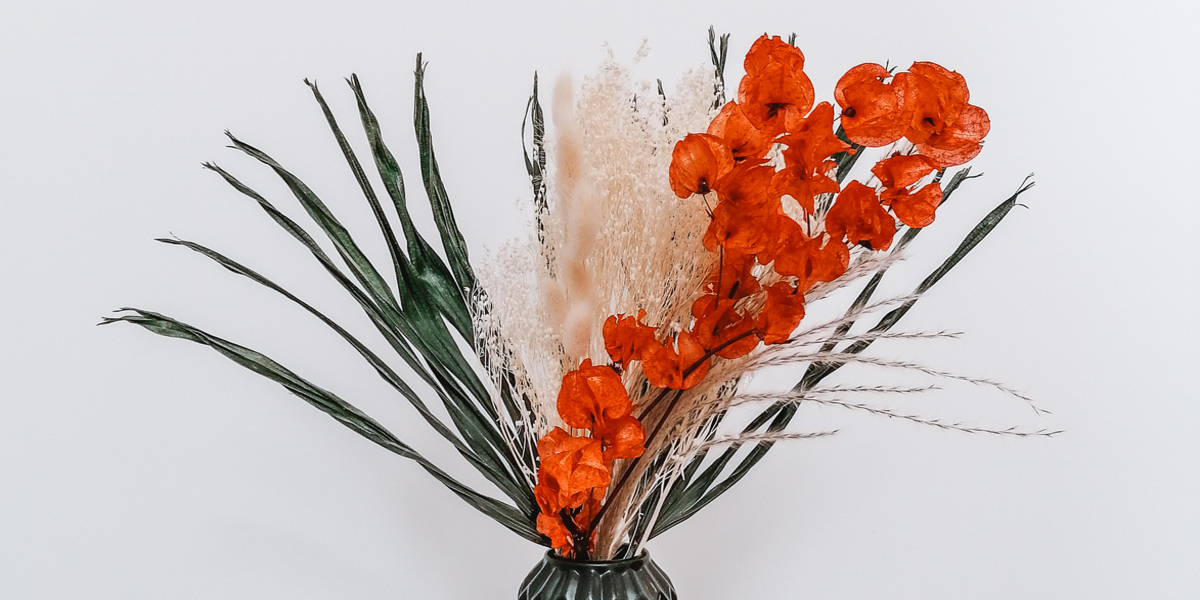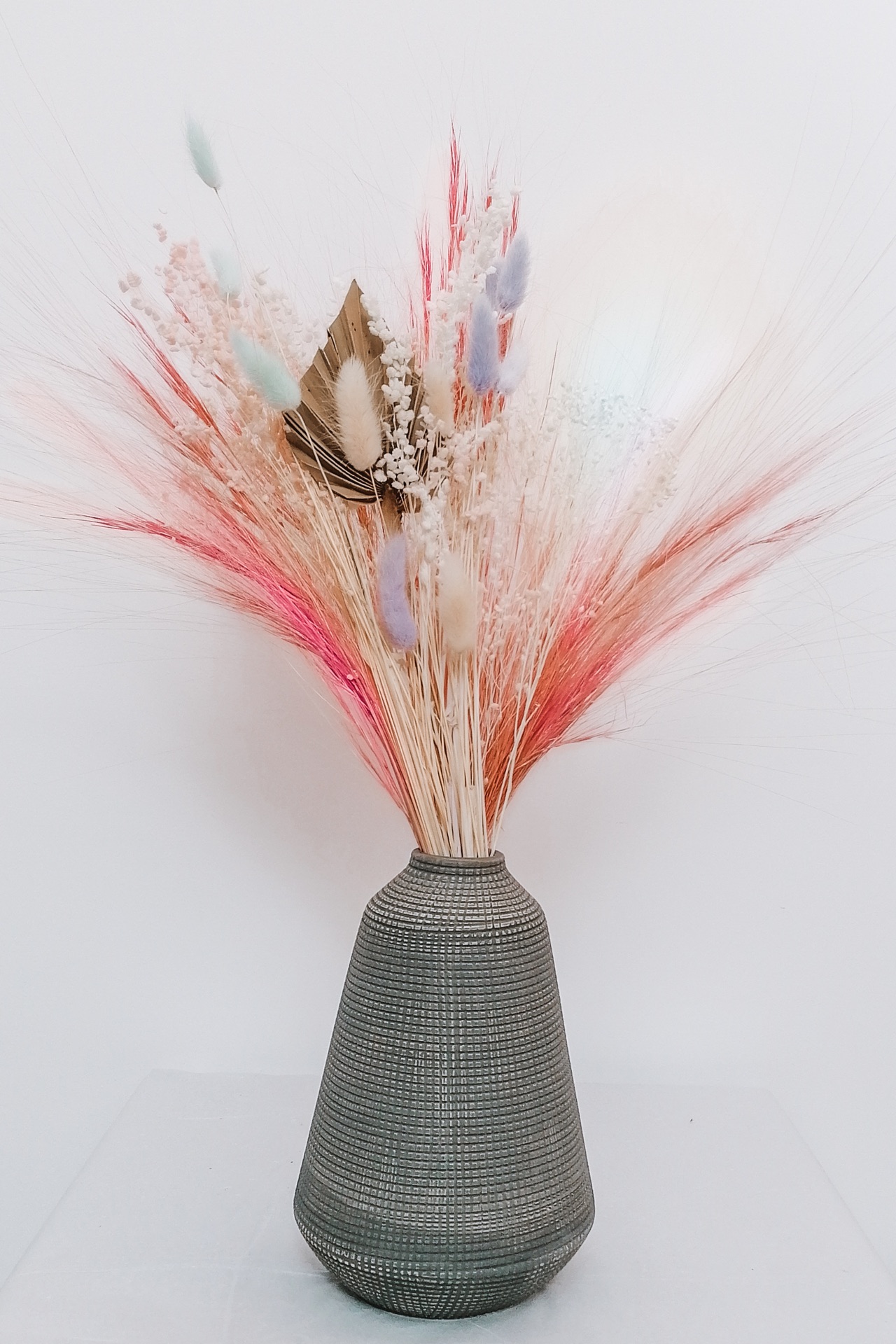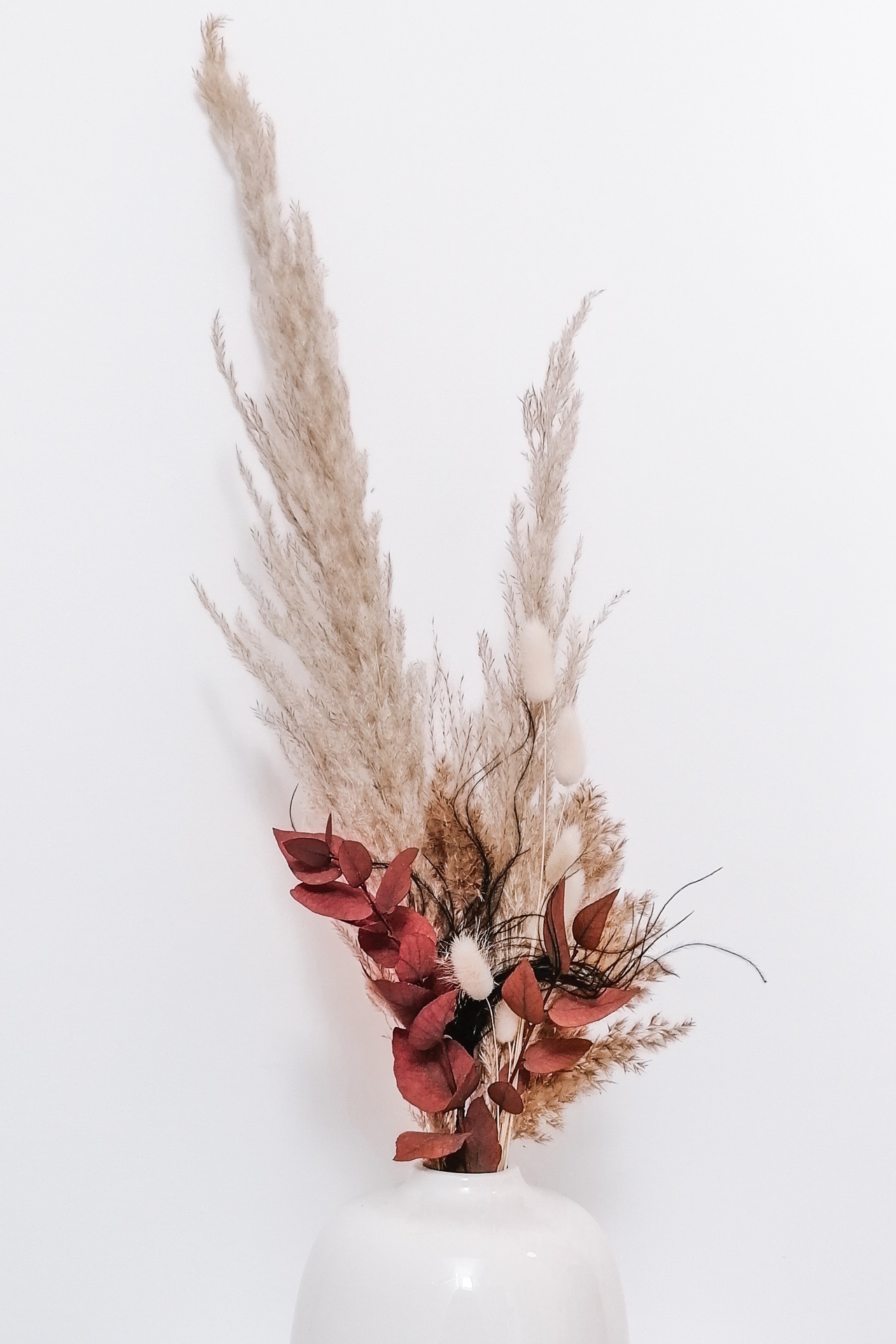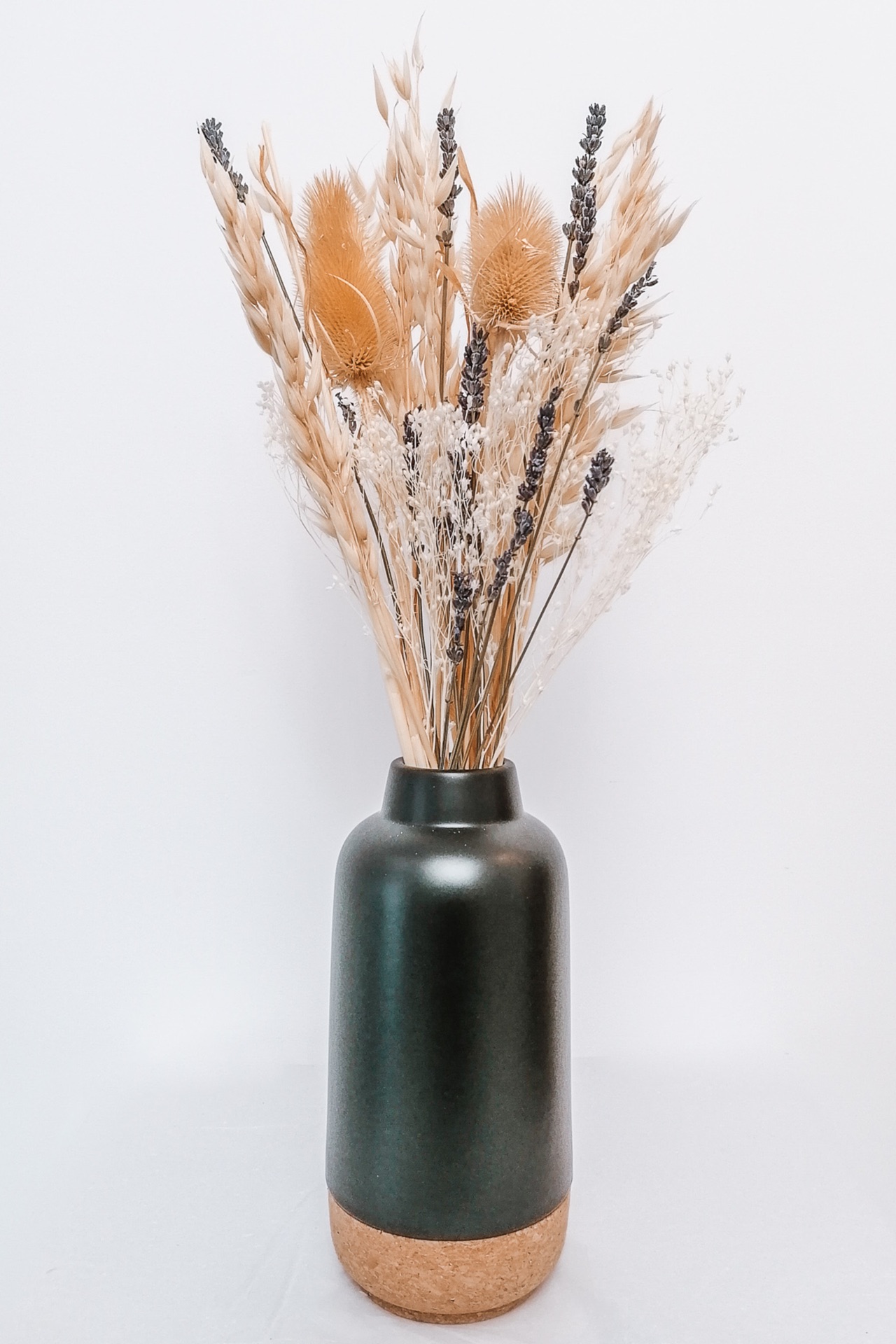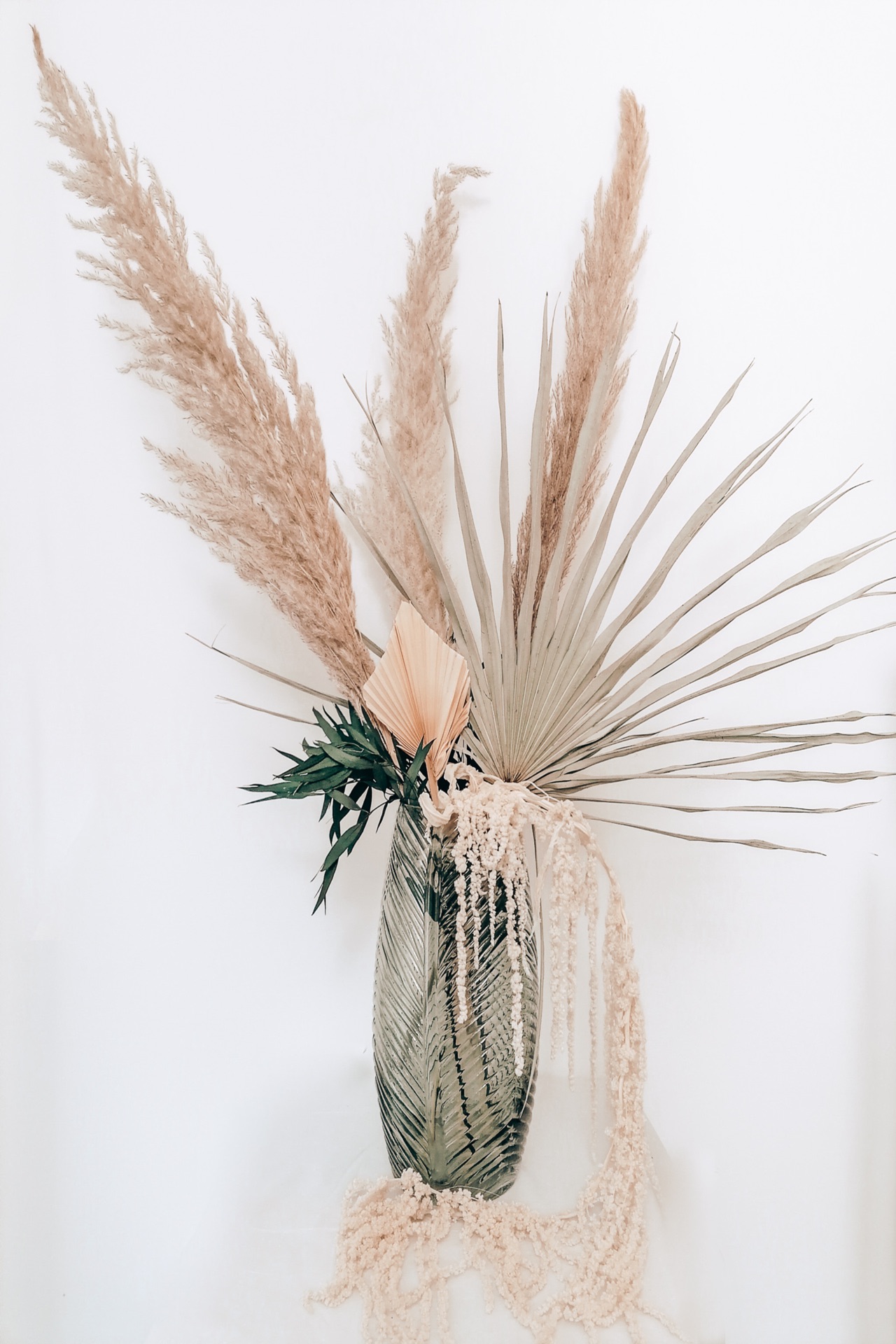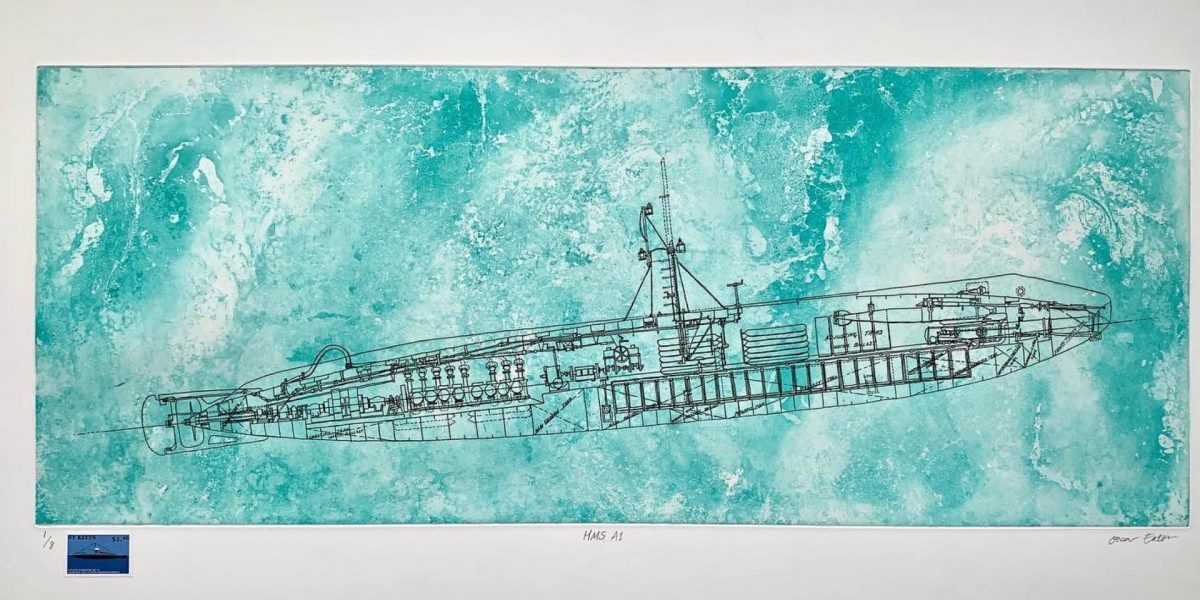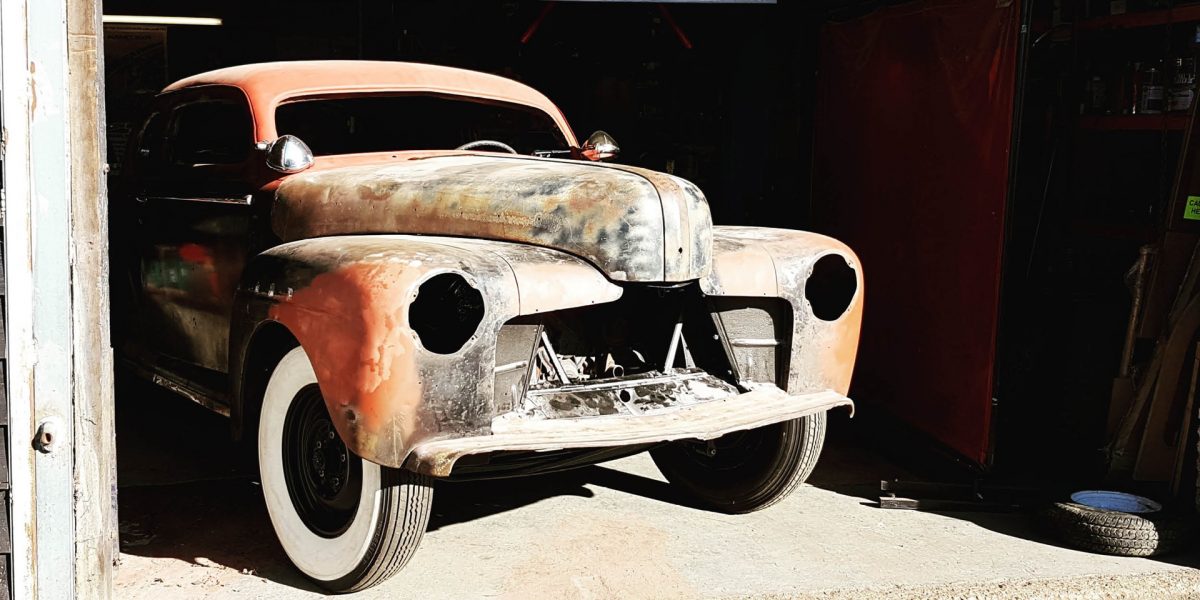We celebrate. We mark occasions with greeting cards, with special dinners, with champagne toasts, with flowers.
We keep the cards, we memorialize the dinners with photographs, we keep the champagne flutes and corks; we throw out the flowers at the end of the week.
What if we didn’t? What if we could keep the bouquet around, just as we keep other mementos?
The UK market for cut flowers and ornamental plants was worth £1.3 billion in 2018, with ~90% of the flowers imported (BBC). Most cut flowers in the UK are imported via the Netherlands, but the largest growers also include far-flung countries such as Ecuador, Colombia, Kenya and Ethiopia (World’s Top Exports). M&S, The Real Flower Company and Aldi all boast of blooms grown in Kenya.
By their very nature, fresh cut blooms must land in their supermarket water buckets within 2 to 3 days of being cut to prevent wilting. This requires refrigerated transport, and given where flowers are grown, typically means a lorry ride across the English Channel, or a flight from Africa.
We talk until the cows come home about how buying local reduces our environmental impact. We visit the neighbourhood farmers market with our reusable tote bags and buy wonky in-season veg. We bring our own reusable coffee cup and pay extra for plant-based milk – all because we want to do right by our great mother Earth. And yet, come anniversary – birthday – graduation day, we head over to our favoured grocery store and buy the finest fresh flowers we can get our hands on to congratulate our loved ones. Never mind the flowers have been transported at pace from another continent. Never mind they will be tossed out in the bin within a week. Fresh flowers are a too-often overlooked aspect of throw-away culture.
If not fresh, then what? Grandma’s silk peonies collecting dust on the mantel come to mind, but they needn’t be the solution.
seed. was born as a lockdown project. At first, native plants were foraged. Poppy seed pods collected from the edges of wheat and winter barley fields in Kent were then dried and painted. Lavender stems harvested from the plants in my garden were hung to dry in an airing cupboard alongside the mop, Swiffer and cat food. Later, species not native to the UK were sourced from a Dutch supplier working with FairTrade farms and selected brokers further afield. In recognising that silk and plastic stems are not the only alternative to fresh, I hope my bouquets inspire people to seek more sustainable options.
www.seedthestore.com

